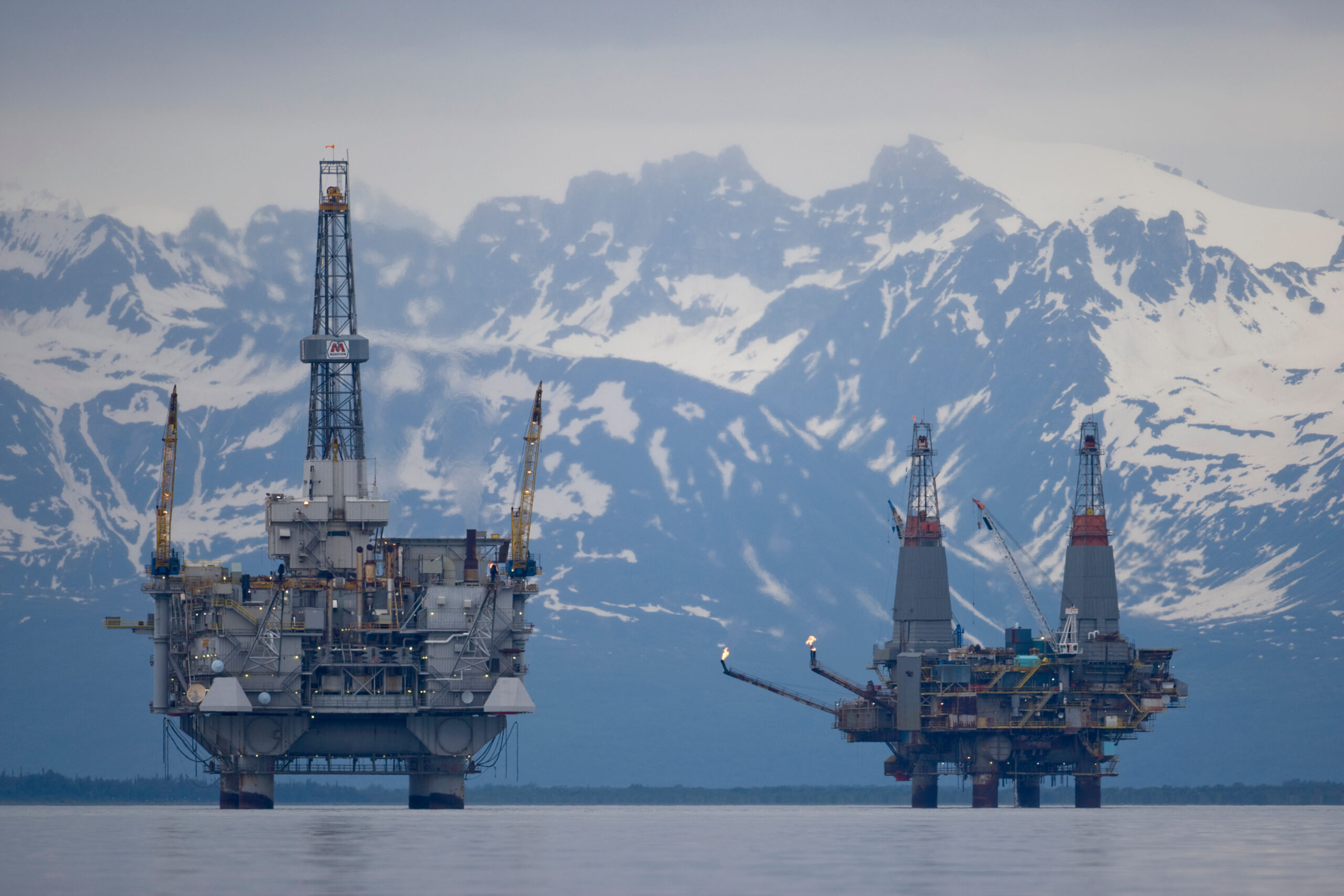Report calls for staggered end to oil & gas
By 2030, rich countries which produce over a third of the world’s oil and gas must slash output by 74%, the report says.

The concept of climate justice lies at the heart of a new report that recommends a differentiated international approach to phasing out oil and natural gas production with the goal of achieving a 50% chance of keeping the global average temperature rise to a critical 1.5°C threshold.
The report, prepared by Professor Kevin Anderson of the Tyndall Centre for Climate Change Research at the University of Manchester and Dr Dan Calverley, concludes that wealthy countries must end oil and gas production by 2034, while poor nations that are heavily reliant on revenue from fossil fuels should have until 2050 to cut the oil and gas cord, with significant financial support and reparations from developed countries to help them to adjust.
The authors of the report, entitled Phaseout Pathways for Fossil Fuel Production, note that short-term cuts in production must be undertaken across the board under the 1.5°C scenario. By 2030, rich countries which produce over a third of the world’s oil and gas must slash output by 74%, the report says. In contrast, the poorest nations, which supply just one ninth of global demand, must curtail production by 14% in this period.
The new report lays out five categories of countries based on their capacity to phase out oil and gas production. The 19 “highest capacity” countries such as the US, UK, Norway, Canada, Australia and the UAE, which have average non-oil GDP per capita of more than $50,000 and account for a third of global output, would have just a dozen years to end production.
Companies with high, medium, low and the lowest capacities would have a longer window to phase out production, giving them more time to adapt their economies and mitigate social repercussions.
The new report lays out a more ambitious scenario with a 67% chance of meeting 1.5°C, requiring the richest cohort of countries to end oil and gas production by 2031, and the poorest by 2042.
A more pessimistic scenario would achieve 50% odds of reaching 1.7°C. This would require the richest countries to halve oil and gas production by 2035 and end it altogether by 2045. The poorest would end production by 2062.
“All of the governments of the world have committed to limiting warming to 1.5C, but they need to apply policies to deliver it: restrict new drilling, manage a phaseout process by enabling a just transition, create supportive policies for investments in clean energy,” said Greg Muttitt, senior policy adviser for energy supply at the International Institute for Sustainable Development, a Canadian thinktank which commissioned the report.
The report notably takes a cautious approach to emerging carbon capture technologies and so-called nature-based solutions. “Disturbingly, reliance on speculative negative emissions technologies and the uncertain manipulation of nature still pervade much of the mitigation debate today,” the report says. “The ubiquitous adoption of carbon dioxide removal (CDR) and carbon capture and storage (CCS) to weaken the rapid phaseout of fossil fuels implied by 1.5°C carbon budget…demonstrates a clear and ongoing rejection of precaution in favour of minimising disruption to the status quo.”
The report notes that its 1.5°C scenario rests on coal production peaking in developing countries this year and ending by 2040. Developed countries must phase out all coal production by 2030, it says.
The report was prepared before Russia’s 24 February invasion of Ukraine, which ignited an ongoing crisis that accelerated a run-up in oil and gas prices, partly because of escalating Western sanctions on Moscow.
The war in Ukraine “serves to remind us that we need to accelerate, not decelerate, our decarbonisation,” Muttitt told Gas Outlook. “The problem for energy consumers is that economies remain too dependent on oil and gas, whose prices are inherently volatile: remember it’s only two years since Brent fell to $20 and WTI went negative.”
From this perspective, he says the war “has boosted rather than eclipsed the climate imperative.”
In February, the UN’s Intergovernmental Panel on Climate Change (IPCC) issued a report that IPCC chair Hoesung Lee called a “dire warning” of the “grave and mounting threat” from climate change.
In a statement, Anderson noted that “rocketing oil and gas prices only serve to strengthen the case we make in our report. Had we spent the last twenty years establishing an efficient and sensible use of energy alongside a massive roll-out of renewables, we would not now be scrabbling around for alternative oil and gas supplies and facing the impacts of volatile prices. Now is exactly the time we should be planning for a renewable twenty-first century rather than reliving the oil-based twentieth.”
Muttitt notes that wealth from oil and gas “has more often been a disappointment than a boon for development. See what is happening in Mozambique, for instance, where the promise of gas revenues has receded ever further into the future, while the new developments have harmed local people and fuelled an upsurge in instability.”



